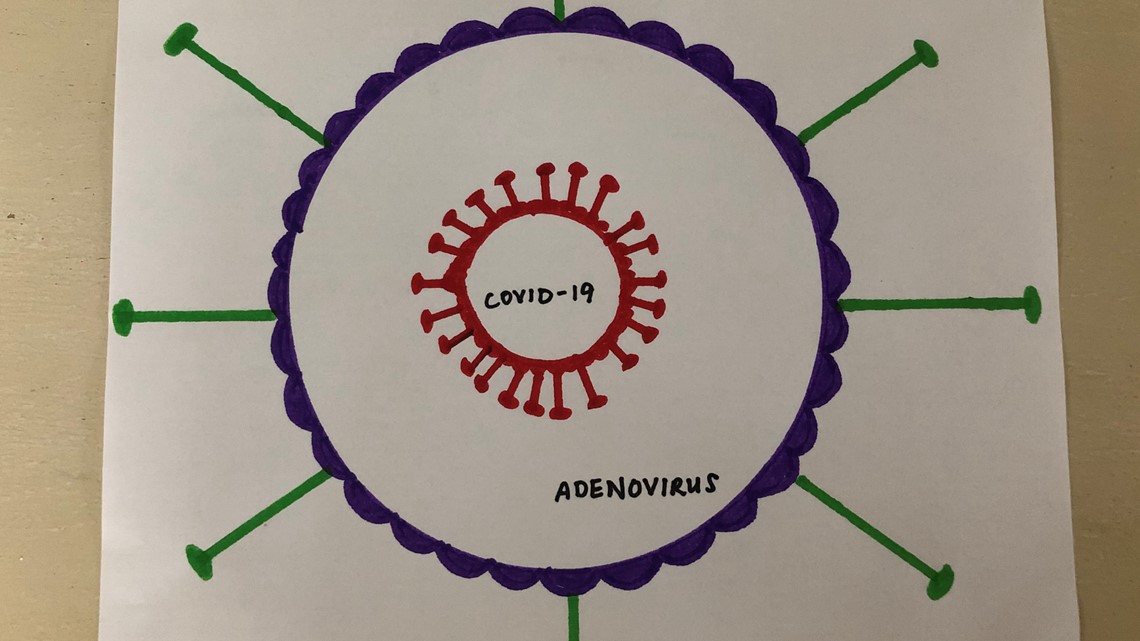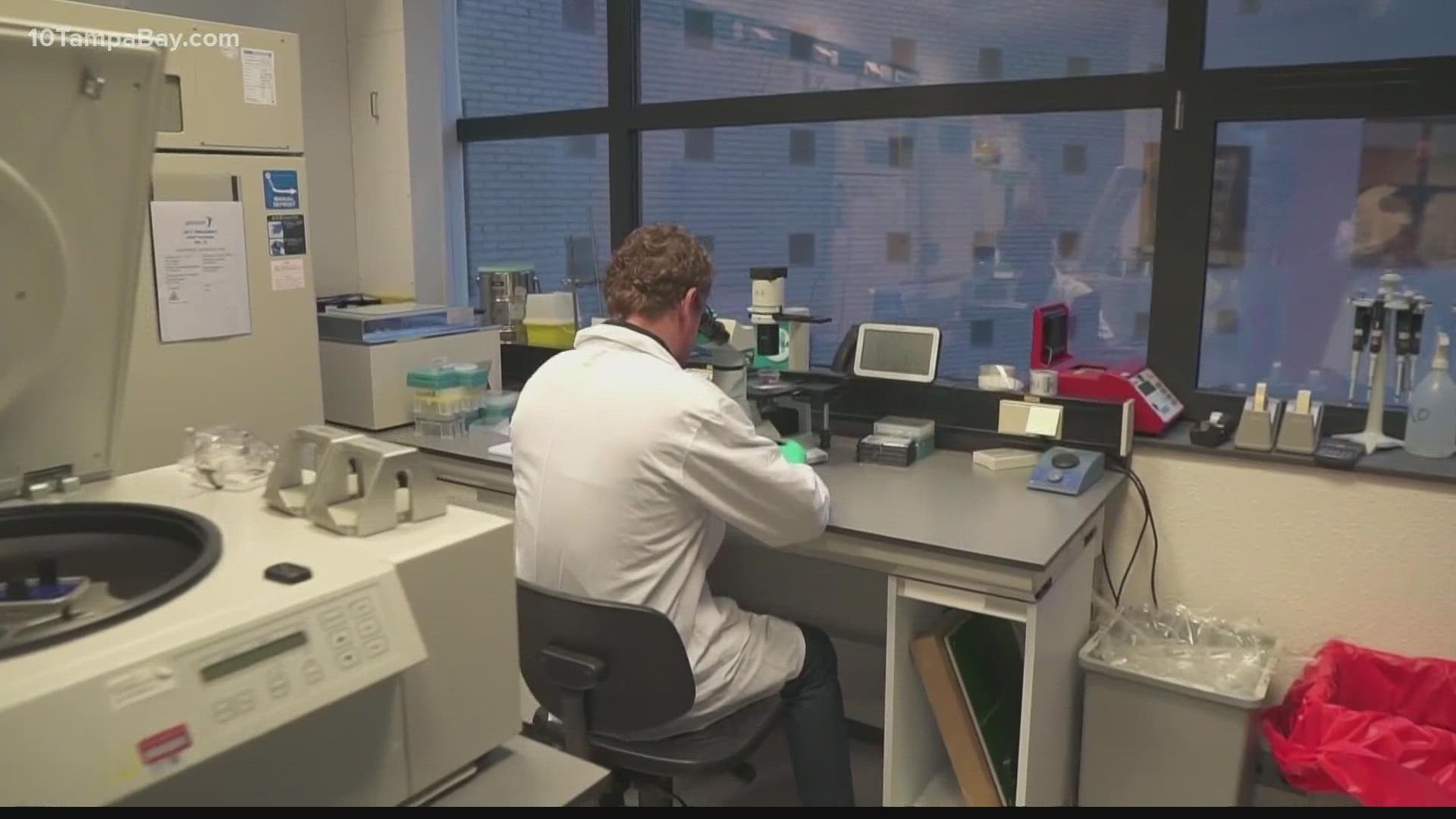TAMPA, Fla. — Earlier this week, the White House announced a plan for a COVID-19 booster shot.
If you have received the Pfizer or Moderna vaccine, you might be eligible for a third shot eight months after your second dose.
These "boosters" could roll out as soon as September, pending CDC and FDA approval.
But what about the millions of people who received the Johnson and Johnson shot? Will you need a booster? Are researchers concerned about waning immunity?
We talked to University of South Florida professor, Dr. Jill Roberts, a molecular epidemiologist with a specialty in emerging diseases.
"I want people to know that their vaccines are still efficacious. They're still working," said Dr. Roberts.
All three vaccines in the U.S. are still are doing their job of preventing hospitalizations and deaths from COVID-19. When it comes to a booster for Johnson & Johnson, it's a little complicated because their vaccine uses different technology.
Dr. Roberts said, "Unlike the mRNA's, the Johnson & Johnson is a virus within a virus. They both can trigger an immune response."
Basically, the J & J vaccine puts a tiny piece of the coronavirus inside an adenovirus which acts as a carrier into the body. Your body creates immunity to both viruses. We drew you a sketch below.


The challenge with getting a second shot is your body might have a huge response to the adenovirus the second time around rather than the coronavirus.
"In the past adenovirus vaccines have suffered from this and booster shots were problematic because you got a massive immune response to that carrier. That’s not what we want. We want a response to the spike protein itself," said Dr. Roberts.
She says we'll need more data to study if boosters will work. In the meantime, mixing and matching vaccines isn't out of the question.
If your immune compromised or very concerned, talk your doctor about getting a dose of either Pfizer or Moderna.
As we've told you, U.S. Surgeon General Vivek Murthy has said boosters “will likely be needed” for the J&J vaccine. More data is expected in the near future.
RELATED: No, if you're not immunocompromised you're not currently eligible for a COVID-19 booster shot

